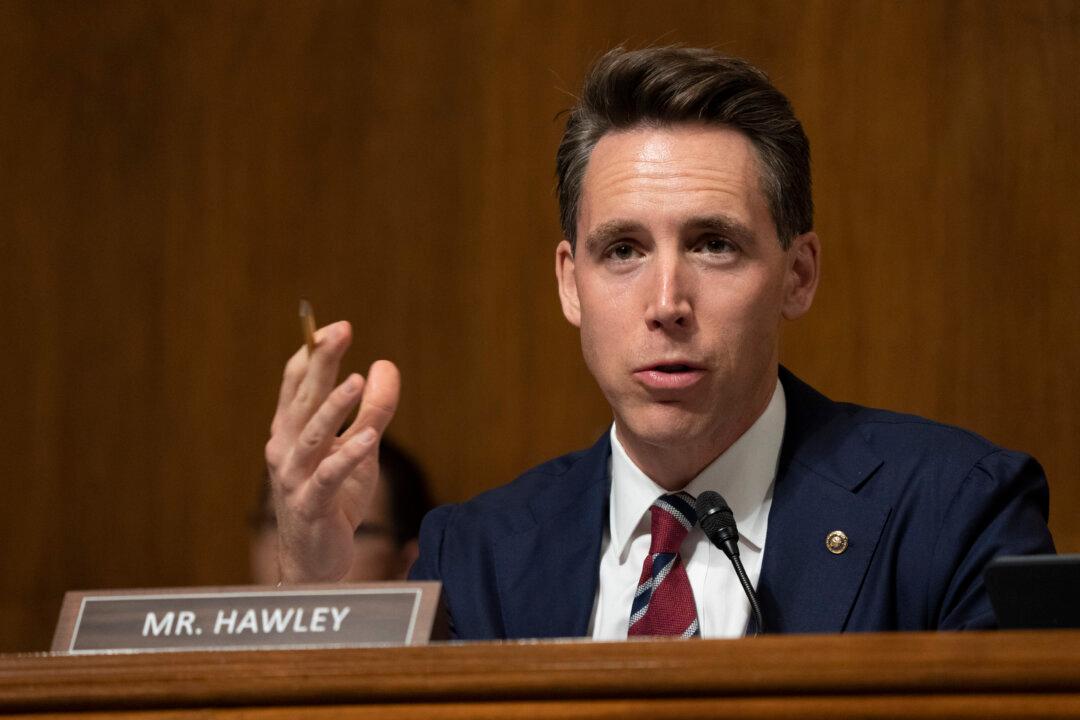Sen. Josh Hawley (R-Mo.) has proposed new legislation that would raise tariffs on vehicle imports from China.
The bill—the Protecting American Automakers from China Act—would raise the base tariff rate for auto imports from China to 100 percent from the current 2.5 percent. The increase would mean a total tariff of 125 percent on all imported Chinese vehicles, up from 27.5 percent currently.



